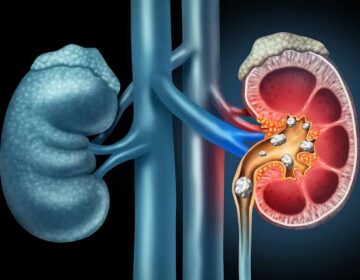A research team from the University of Tsukuba carried out a long-term study examining how regular cycling affects the health of older adults. Their findings showed that cycling can help enhance overall well-being and increase life expectancy, especially among older Japanese adults who no longer drive. As more seniors in Japan choose to give up their driver’s licenses, the researchers emphasized that building social support systems to encourage cycling is becoming increasingly important.
A notably higher proportion of older adults in Japan rely on bicycles for everyday transportation compared with those in Europe and the United States. Earlier studies have shown that people who cycle tend to engage in more physical activity and social interaction.
While cycling is widely recognized as a healthy habit that can lower the need for long-term care and decrease mortality risk, few long-term studies have explored how these benefits apply specifically to Japan’s aging population.
In this new study, researchers set out to understand how cycling affects the health and longevity of older adults, focusing on two main areas. The first analysis looked at how often participants used bicycles in 2013 and how that related to their likelihood of needing long-term care or dying over the following decade (through 2023).
The second analysis compared different patterns of bicycle use—nonuse, initiation, interruption, and continuation—and how each related to the onset of long-term care needs or death at two points in time (2013 and 2017). Alongside the overall results, a separate analysis was carried out for a group of older adults who did not drive.







